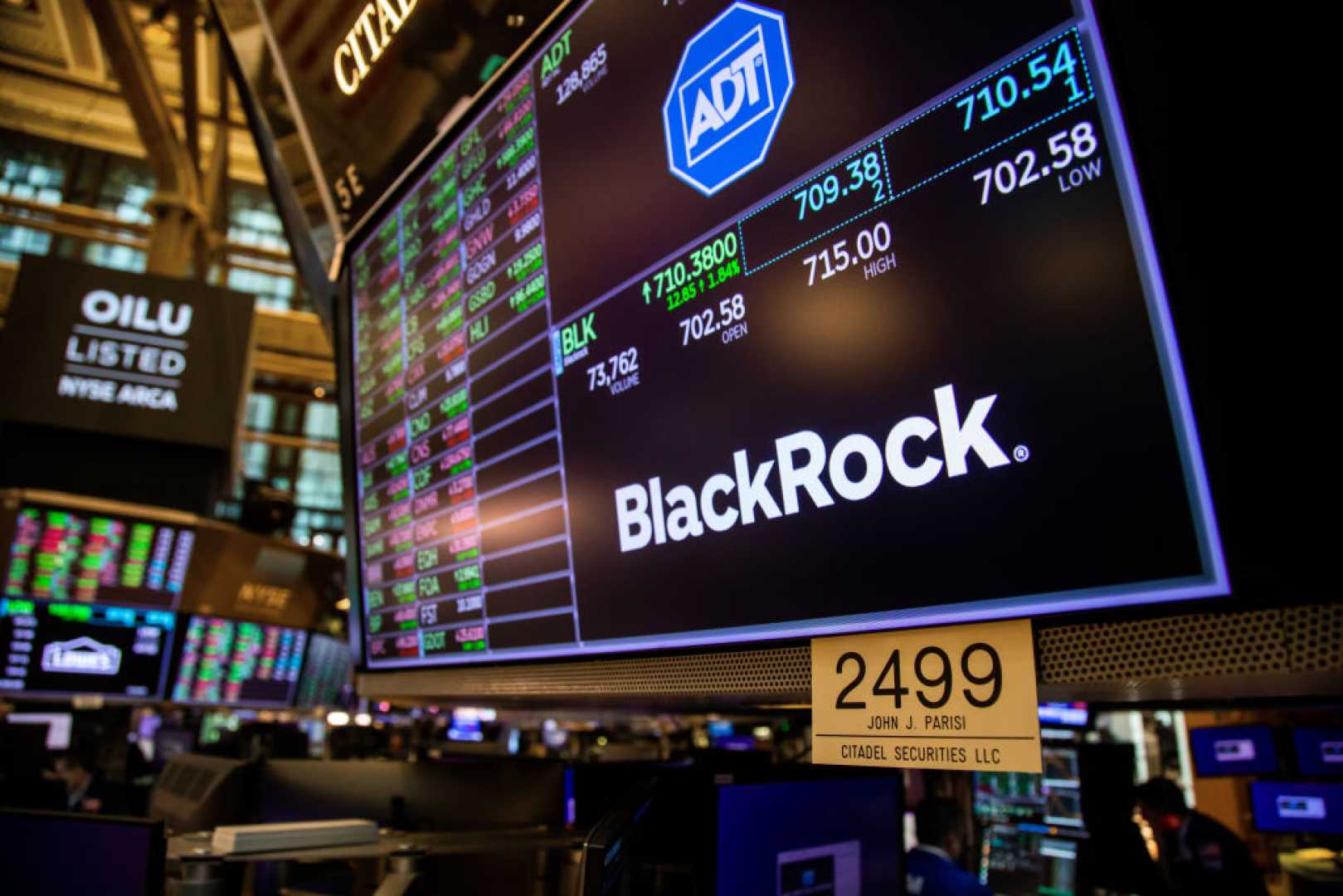Business
Understanding the Influence of Major Investment Companies on Corporate America

The three largest investors in many of the top publicly-traded companies in the United States are Vanguard Group, BlackRock Inc., and State Street Corporation. These investment firms hold significant shares in companies like Apple Inc., where Vanguard owns approximately 8.7%, BlackRock 6.9%, and State Street 3.5% of the stock, according to public disclosures.
This recurring pattern, reported across numerous corporate ownership structures, raises questions about the influence and power these firms wield. Despite speculative narratives alleging a conspiracy, financial analysts explain that such ownership is largely due to the investment nature of these firms, which manage large exchange-traded funds (ETFs) and mutual funds on behalf of millions of investors.
According to Eric Balchunas, an analyst specializing in such issues, “Passive fund ownership of the S&P 500 is about 24% today, up from 7% ten years ago.” He explains that this shift is driven by the rise in popularity of passive investing, where investors seek low-cost, diversified exposure through index funds. This means it’s the individual investors who, by holding shares in these funds, indirectly own segments of conglomerates like Apple, not necessarily the fund managers themselves.
Nonetheless, concerns persist regarding the voting power these funds have in corporate governance. Through proxy voting, these fund managers cast votes on behalf of their investors, influencing everything from board elections to management proposals. Critics argue that this can consolidate power in ways that might not align with the wishes of individual shareholders.
However, steps are being taken to address such concerns. Recently, Vanguard introduced an opt-in proxy voting choice program, allowing some investors to vote on corporate proposals directly if they choose, a move analysts view as a positive trend towards greater shareholder empowerment.
In the broader asset management industry, the dominance of Vanguard, BlackRock, and State Street has influenced market dynamics. Their competition has led to declining fund fees, benefiting investors, attributes Eric Balchunas attributes to the mutual ownership structure of firms like Vanguard.
While the concentrated ownership of Vanguard, BlackRock, and State Street in major corporations is significant, it is a reflection of the aggregation of assets under management rather than a secretive control of global markets.












